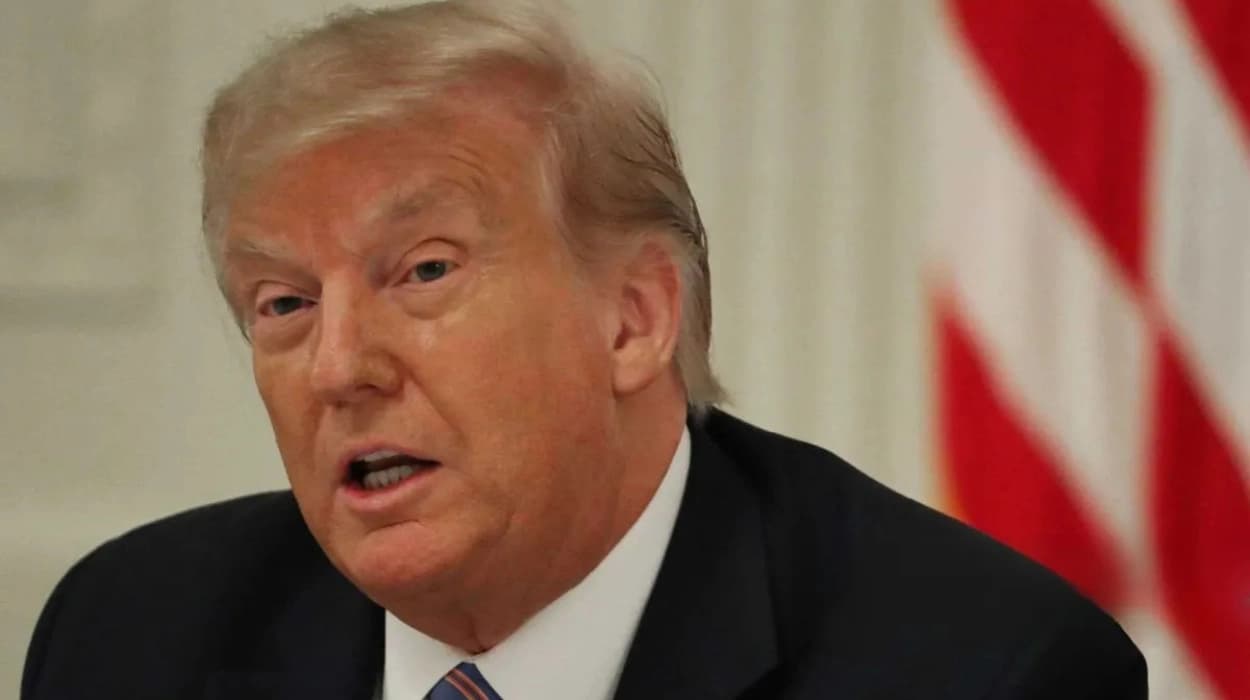Summary
- Over 100 crypto firms demand protections for developers.
- Coalition opposes Senate crypto market structure bill as is.
- Warning issued to Senate Banking Committee leaders Wednesday.
- Developers seek clear rules to foster innovation and fairness.
Coinbase, a16z, Dapper Labs, Blockchain Capital, Kraken, and the Solana Foundation were among the 114 organizations that signed the letter, which was coordinated by the DeFi Education Fund.
“To create an environment in which innovators across America can confidently and safely build financial infrastructure, the final version of market structure legislation must include explicit federal protections for blockchain infrastructure developers and non-custodial service providers,”
the letter said.
“Legislation must shield developers from being misclassified or prosecuted as operators of money transmitting businesses under 18 U.S.C. § 1960. To ensure legal clarity and nationwide consistency, federal legislation must preempt conflicting state laws.”
Decrypt claims that the letter was partly spurred by worries that Senate Democrats may soon attempt to include wording in the market structure legislation that would make it illegal for developers to distribute software that is used for money laundering or to circumvent sanctions.
Ranking member of the Banking Committee and prominent opponent of cryptocurrency finance, Senator Elizabeth Warren (D-MA) voted against the now-passed GENIUS Act stablecoin bill. She has also been vocal in her criticism of President Trump's and his family's massive cryptocurrency and token transactions.
“These protections must make explicit that no individual or entity is subject to regulation solely for engaging in activities that are core to creating, developing, publishing, and maintaining blockchain networks, nor for enabling users to access such networks via software interfaces while maintaining custody of their own funds,”
the letter said.
“Legislation should not regulate developers differently based on the type of software they create when they are not acting as intermediaries and don’t have control or custody of user assets.”
In order to avoid a patchwork of disparate state rules, the groups also implore senators to guarantee a unified national regulatory standard.
In July, the House enacted the CLARITY Act, which outlines the SEC and CFTC's supervisory powers and creates a regulatory framework for the cryptocurrency industry. A draft of a market-structure bill that is quite different from the CLARITY Act is presently being considered by the Senate. If the Senate approves its own version, the two versions will eventually need to be reconciled.
“The leaders of the crypto industry are speaking with one voice on a fundamental principle: public blockchains are neutral infrastructure just like the internet, roads, or bridges,”
Miller Whitehouse-Levine, CEO of signatory Solana Policy Institute, said in a statement provided to Decrypt.
“The U.S. doesn’t criminalize the engineers who build our highways when someone uses them to commit a crime. Congress must apply that same principle to digital infrastructure and include comprehensive protections for developers and non-custodial service providers in any market structure legislation.”
78 Democrats voted with the Republicans to pass the CLARITY Act, giving it a landslide victory in the House.
How might this coalition pressure alter final Senate bill language?
Lawmakers may introduce explicit language shielding software developers from undue liability linked to the code they create, ensuring they are not held responsible for how users interact with digital assets.
Amendments could clarify the boundaries of regulatory authority over blockchain developers and protocols to prevent regulatory overreach that might stifle innovation. The bill might include tailored compliance standards for developers distinct from those applied to exchanges or custodians, reducing burdens on innovation-focused entities.
The coalition’s influence may prompt additional hearings or technical discussions to refine language ensuring protections align with industry realities.

